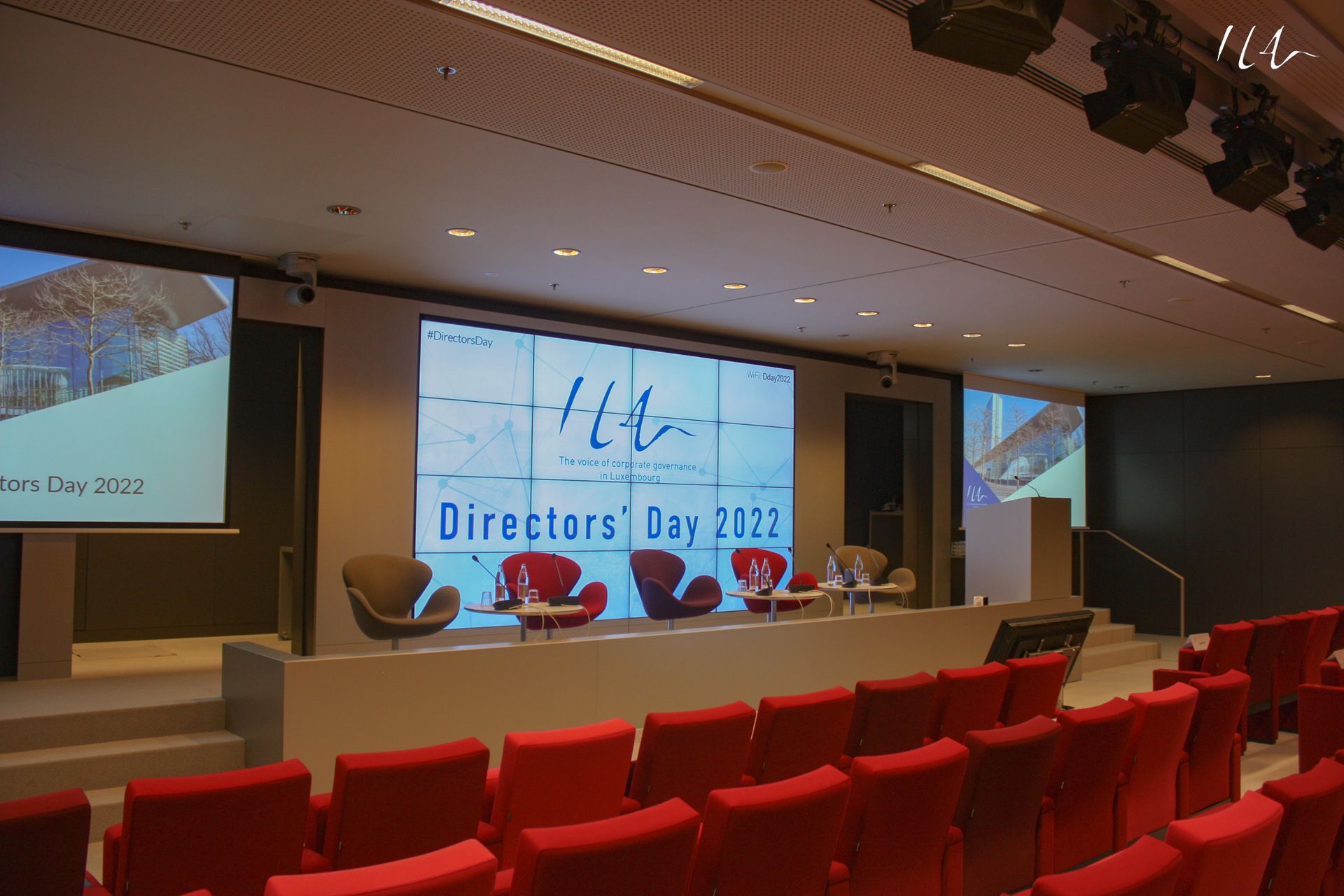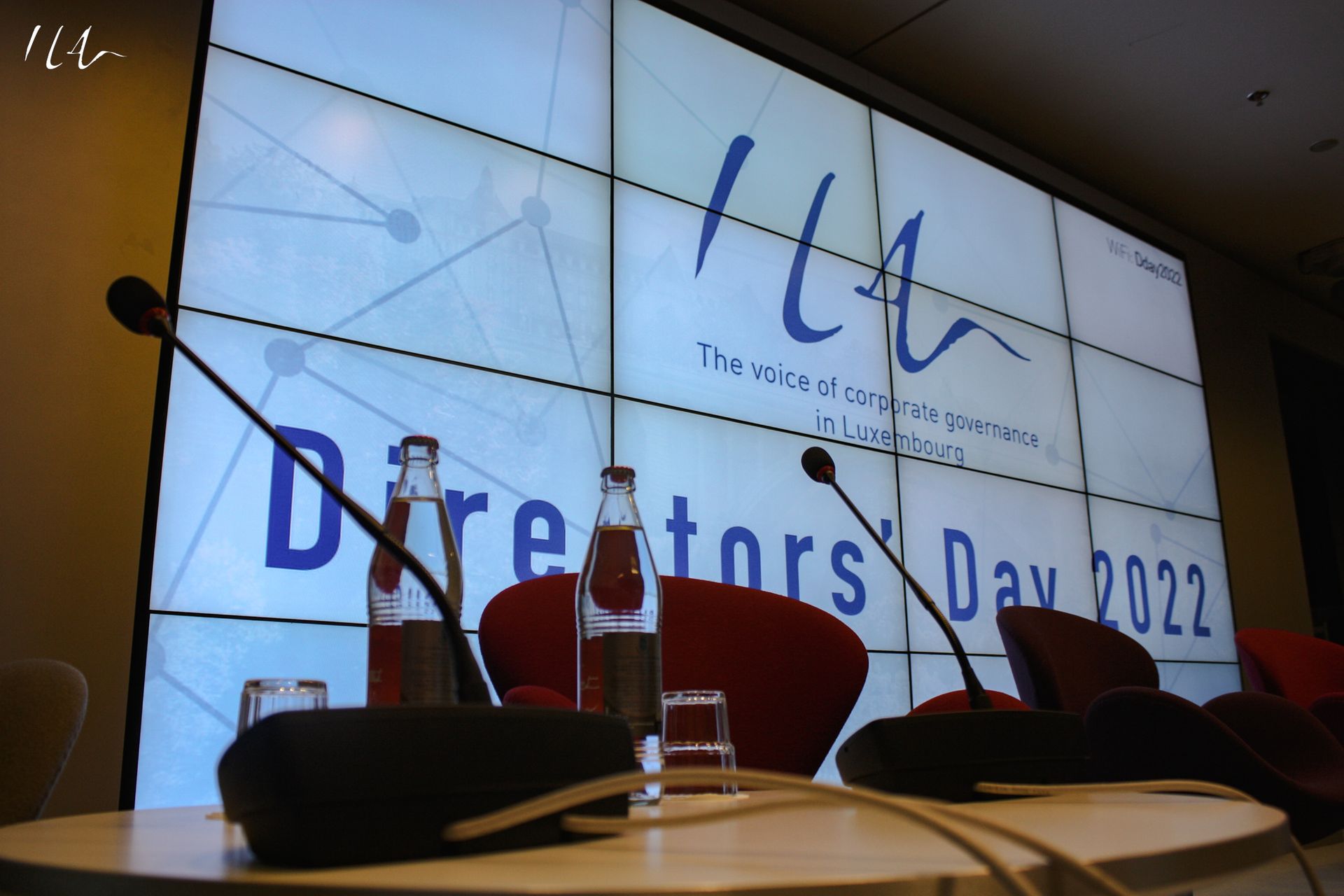Managing through inflation, embedding ESG across organisations, dealing with regulation (particularly ESG and AML), and cybersecurity will be key challenges for the coming years, according to John Parkhouse, CEO and Senior Partner at PwC Luxembourg. John spoke to us about how boards can work to help their organisations thrive in these turbulent times.
John’s first warning to boards and executives alike is, “We personally, as businesspeople, have never had to manage through inflation.” He remembers from his youth the economic disruption in the UK of the 1970s, but his time as a manager has been a period of moderate or zero price rises. “This is part of the ‘perma-crisis’ we speak of and which requires management and boards to respond in an innovative fashion, while still managing effectively day-to-day,” he said. Climate change, technology transformation, supply chain disruption, polarisation of societies, talent attraction and retention, reputational risk and more each have their unique challenges with few easy solutions.
Governance to counter greenwashing
“Over the next 12, 24, 36 months the transparency around what companies are doing in terms of environmental sustainability will need to increase, and this is an incredibly complex process,” he said. At the heart of this is the risk of accusations of greenwashing. So how to turn green ambitions into provable and effective environmental action? “Relatively easy to put in place are strategic plans and developing a reporting strategy, but it is the organisational transformation where these goals are embedded into execution that is complicated,” John said.
“Without good governance, though, you go nowhere,” he said. Hence the tone has to be set at the top by the board working with management to instil sustainability values. “Once execution moves in the right direction, then staff, clients and shareholders become ambassadors for the company, and this will be effective in reducing the threat of greenwashing allegations,” he said.
Cyber-crime will be a key focus over the next 12-24 months and needs to be top-of-mind for boards, John added. More specifically in the financial sector, there will be more regulation to digest, with anti-money laundering a particular focus. “The board’s role is to ensure that management understands and appreciates the full range of challenges,” he said.
Next steps
On a personal governance note, John has little more than half a year left in his lead role at PwC, as he will come to the end of his second and final four-year mandate in June. The election process is currently underway at the firm.
He intends to stay working with PwC, supporting engagement with clients and development of the partnership. Governance has been - and will remain - an important concern of his though. “My involvement with ILA started in earnest when we formed the investment fund committee and I became the chair,” he said.
Luxembourg governance leader
He noted the vast changes ILA has undertaken, with him having praise for the development of a genuine directorship community in this country which champions good governance. “It's a very open, collegiate mindset, that shares practical governance insights, with the institute being close to the business community.” As well, he appreciates that ILA is broad based in terms of governance models and sectors.
It is a formula that works. “People from other jurisdictions that experience governance in Luxembourg generally feel that the country has a good framework in this regard,” he said. “Local directors having the ILA label is becoming increasingly important over time,” he added.
John Parkhouse
CEO of PwC



